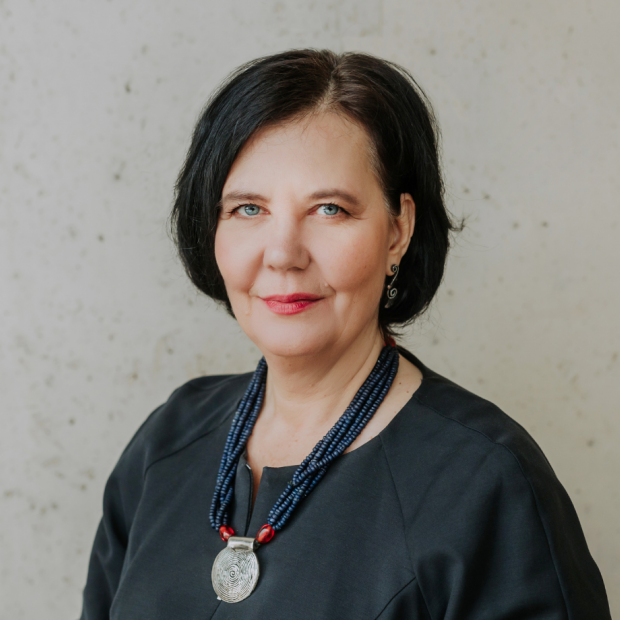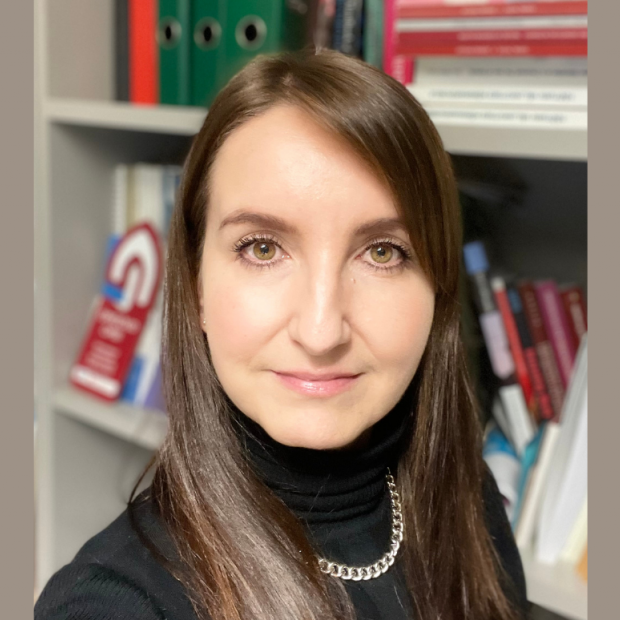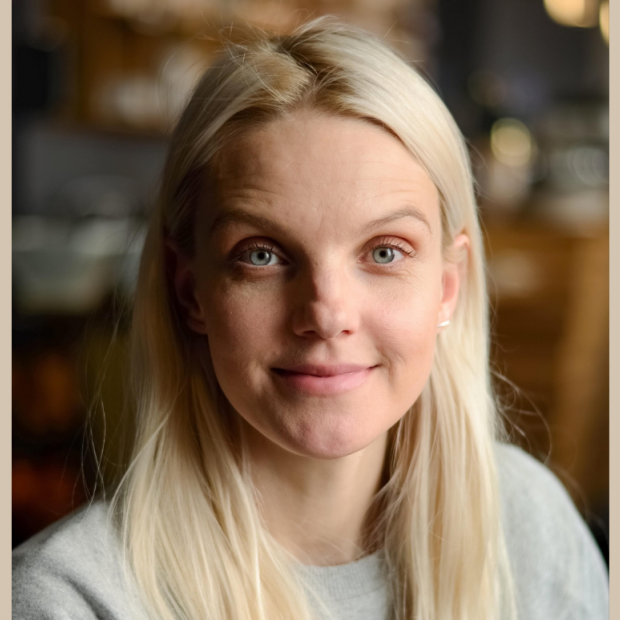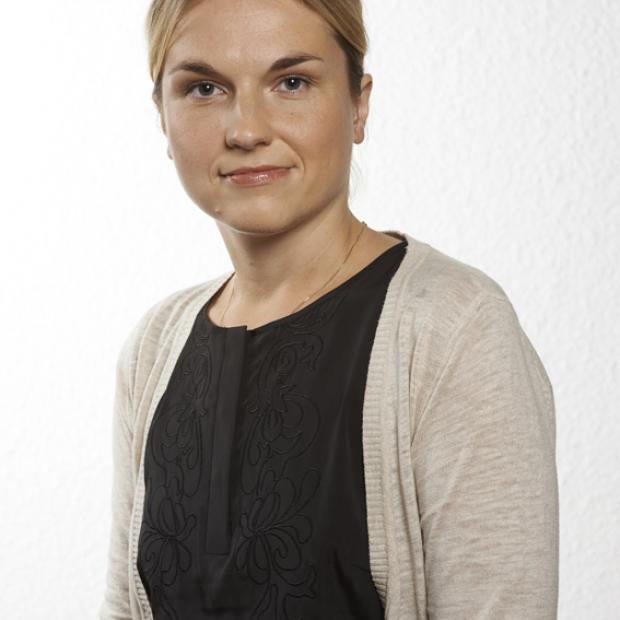Policy-makers need to have new strategies to deal with the new reality with wicked problems
Benjamin Klasche from the School of Governance, Law and Society will on August 23, 2021 at 11.00 AM defend the doctoral thesis "Dealing with Global Crises: A Processual-Relational Approach to Studying and Governing Wicked Problems".

The thesis sets out with the observation that the current social science paradigms fail to adequately assess global crises in their totality and therefore fail to understand them. This is also due to the fact that these crises need to be classified as wicked problems, which constantly change their identity and constitution. Subsequently, attempts at governing those crises (e.g. the Migration Crisis, Coronavirus Crisis, Climate Crisis) fall short as they are based on an insufficient understanding of the crises.
„The main argument of the thesis is that by relying on a processual-relational approach that increases the complexity of the social world, we have a better chance at dealing with wicked problems in the form of global crises. The main difference of this approach to most other social science paradigms is the fact that it places primacy on relations instead of entities and accounts for a dynamic, always changing social reality,“ said Klasche and added: „I am, however, careful to suggest this approach as the answer to all questions and stress that it is particularly useful in this situation but almost unserviceable in other situations that require less abstraction.“
The thesis sets itself apart from other studies with its interdisciplinary focus that connects relational sociology with public administration and international relations and creates a dialogue with different pieces of knowledge of these disciplines. Based on this, it establishes the match of processual relationalism with the study of wicked problems. It further moves the theoretical and philosophical debates that relational sociologists have been having to a methodological and even empirical level and will be the foundation of research to come.
Academically the thesis provides nourishment to the 'relational turn' in the social sciences. This turn emerges from the acknowledgement that our societies and their global connectivity created an intensely complex situation that we struggle to theorize about with the current approaches in the social sciences.
Its benefit to society lies in reacting to the fact that global crises will be threatening our societies more and more often. Academics but especially policy-makers need to have new strategies to deal with this new reality and this is precisely where this thesis can help.
Public defence will take place in Tallinn University hall M648. The defence can be followed also in Zoom.
Supervisor is Professor Peeter Selg from Tallinn University. Opponents are Associate Professor Scott Eacott from the University of New South Wales and Associate Professor Olli Pyyhtinen from the University of Tampere.
The doctoral thesis is available in Tallinn University Digital Library ETERA.





